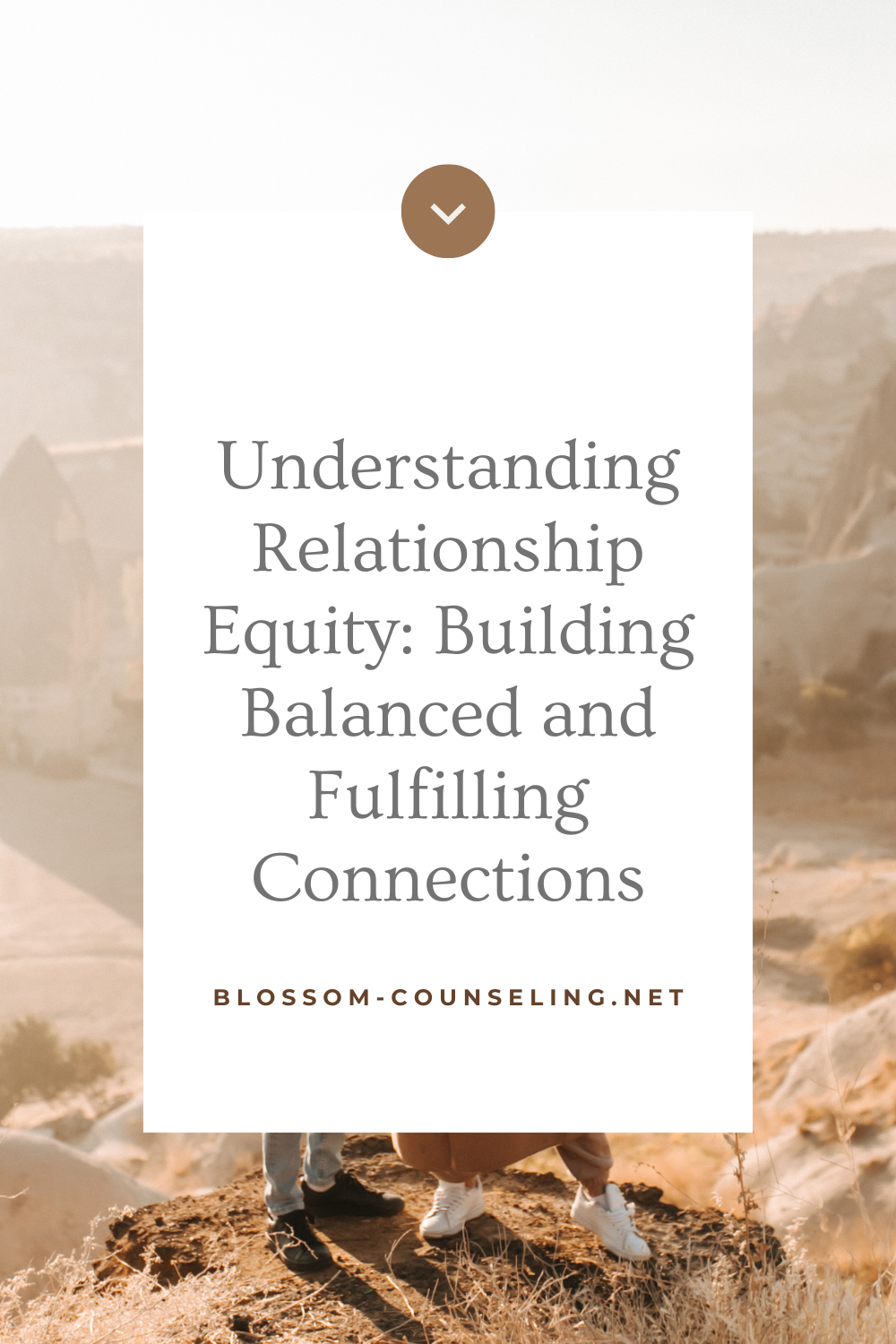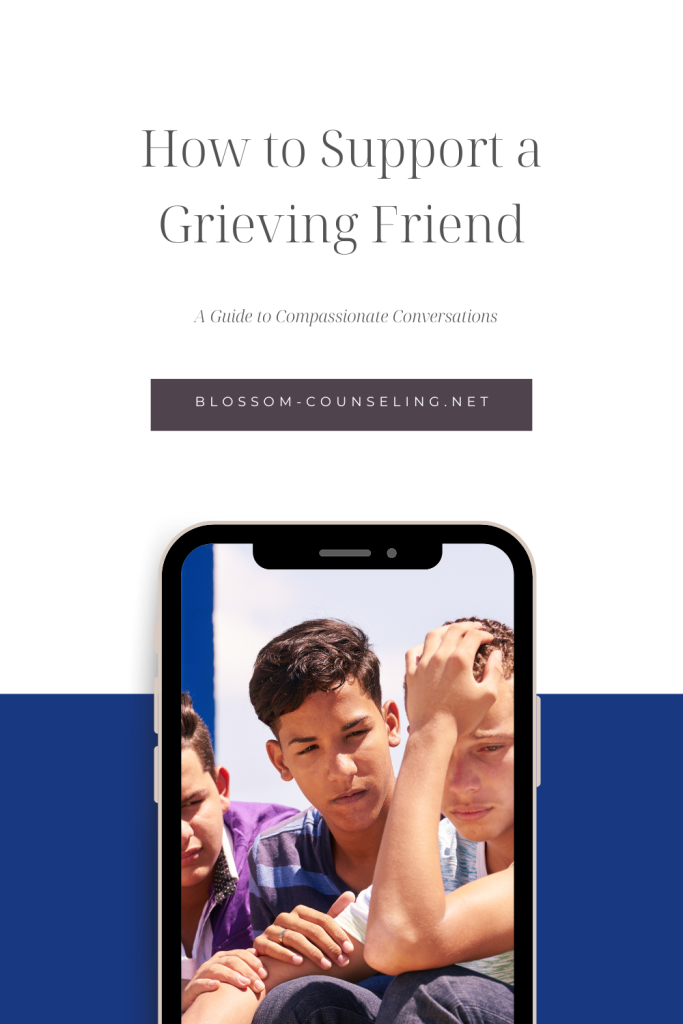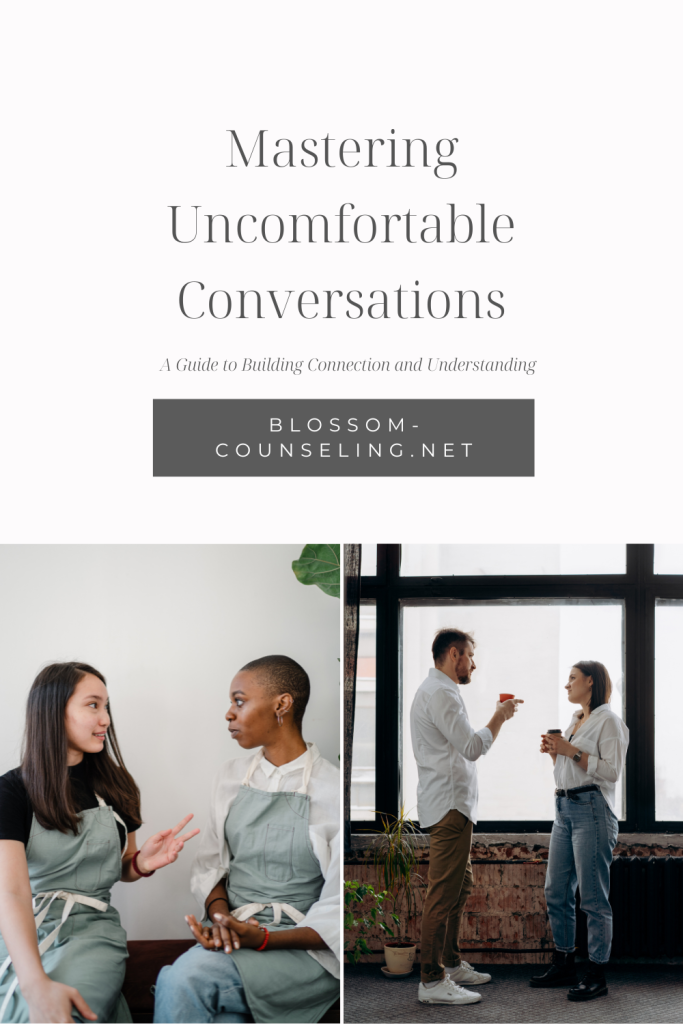
In the world of relationships, whether romantic, platonic, or professional, the concept of equity can be a game-changer. Relationship equity refers to the balance and fairness within a relationship, where each party feels valued, heard, and equally invested in the connection’s success. It’s about creating a partnership where the give and take are reciprocal, not necessarily equal in all moments, but balanced over time.
Why Relationship Equity Matters
Think of relationship equity as an emotional bank account between two people. Just like a financial account, you want this one to have a healthy balance. When one person continually takes more than they give, or vice versa, the account goes into deficit. This imbalance can lead to resentment, dissatisfaction, and ultimately, disconnection.
A relationship with strong equity fosters trust, security, and mutual respect—key ingredients for any healthy relationship. It allows individuals to feel safe in being vulnerable and honest with their needs and expectations without fear of judgment or imbalance.
Building Equity in Relationships
- Open Communication: Regular, open communication is the cornerstone of building relationship equity. It involves more than just talking about your day. It means discussing your feelings, sharing your thoughts on important matters, and addressing issues as they arise, rather than letting them fester.
- Active Listening: Listening is just as important as sharing. It’s about truly hearing what the other person is saying, understanding their perspective, and acknowledging their feelings. This validates their experience and shows that you value their input.
- Understanding and Patience: People grow and change, and so do their needs and expectations. Relationship equity involves recognizing these changes and adapting to them with understanding and patience. It’s about growing together and allowing each other the space to evolve.
- Reciprocity: While relationships aren’t a transaction, there is a sense of reciprocity needed in any healthy dynamic. This doesn’t mean keeping a scorecard but rather ensuring that both parties feel they are receiving as much as they are giving, be it in love, support, effort, or time.
- Shared Responsibilities: In any relationship, sharing responsibilities is crucial to maintaining equity. Whether it’s household chores, emotional support, or making decisions, ensuring that both parties contribute to these aspects can prevent feelings of unfairness or burden.
Challenges to Maintaining Relationship Equity
Maintaining relationship equity isn’t always straightforward. Life’s pressures—such as work stress, health issues, or family obligations—can disrupt the balance temporarily. Recognizing that these are often temporary can help maintain perspective and prevent these challenges from creating long-term imbalances.
Furthermore, individual differences in communication styles, emotional needs, and ways of expressing affection can complicate relationship equity. It’s important to understand and embrace these differences while working towards a common goal of mutual satisfaction and fulfillment.
The Role of Self-awareness and Emotional Intelligence
Developing self-awareness and emotional intelligence can significantly enhance relationship equity. Understanding your own emotions, triggers, and patterns helps you communicate more effectively and manage your reactions. It also enables you to better understand your partner’s emotional landscape, leading to a deeper, more empathetic connection.
Cultivating a Balanced Relationship
Cultivating a balanced relationship takes effort and intentionality. It’s about making continual deposits into that emotional bank account, ensuring that both partners feel valued and appreciated. This could be through small daily gestures, regular expressions of gratitude, or simply spending quality time together.
Relationship equity is fundamental to any lasting, fulfilling relationship. It ensures that all parties involved feel supported and valued, creating a stable foundation for growth and happiness together. By fostering this balance, you enrich your relationships, making them not only enduring but also joyful and deeply satisfying.
Our team of compassionate therapists is here to help you find the support you need. We believe in a holistic approach, treating your mind, body, and spirit. With a blend of traditional and alternative therapies, we tailor your experience to meet your unique needs. At Blossom, we create a non-judgmental space where you can be your authentic self. Our goal is to empower you, amplify your strengths, and help you create lasting change. Together, we’ll navigate life’s challenges and help you bloom, grow, blossom! You deserve to become the best version of you.




